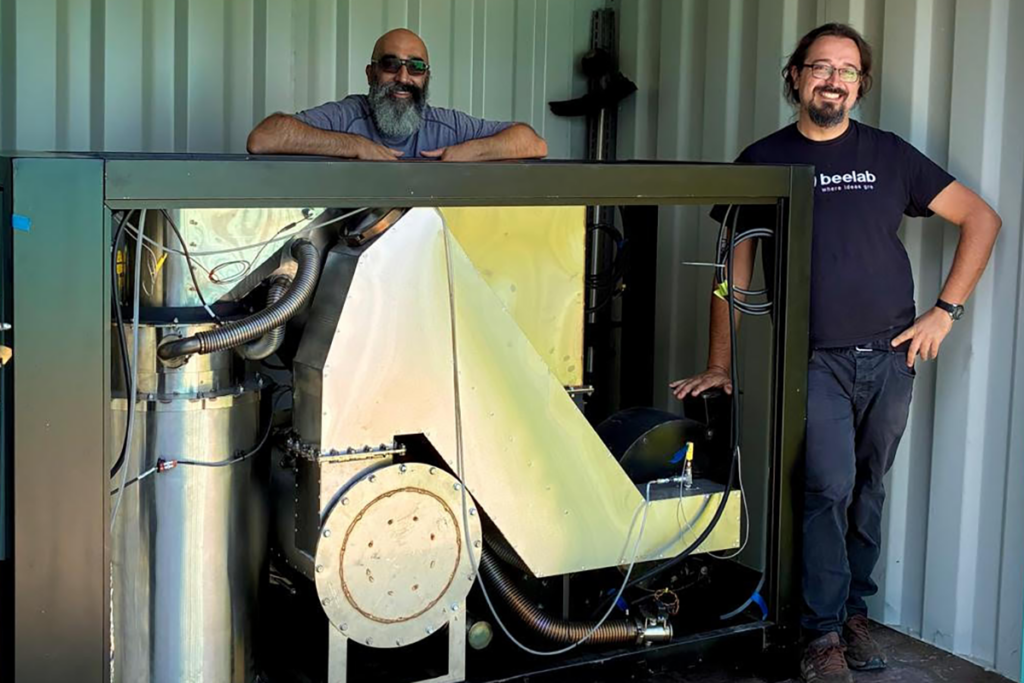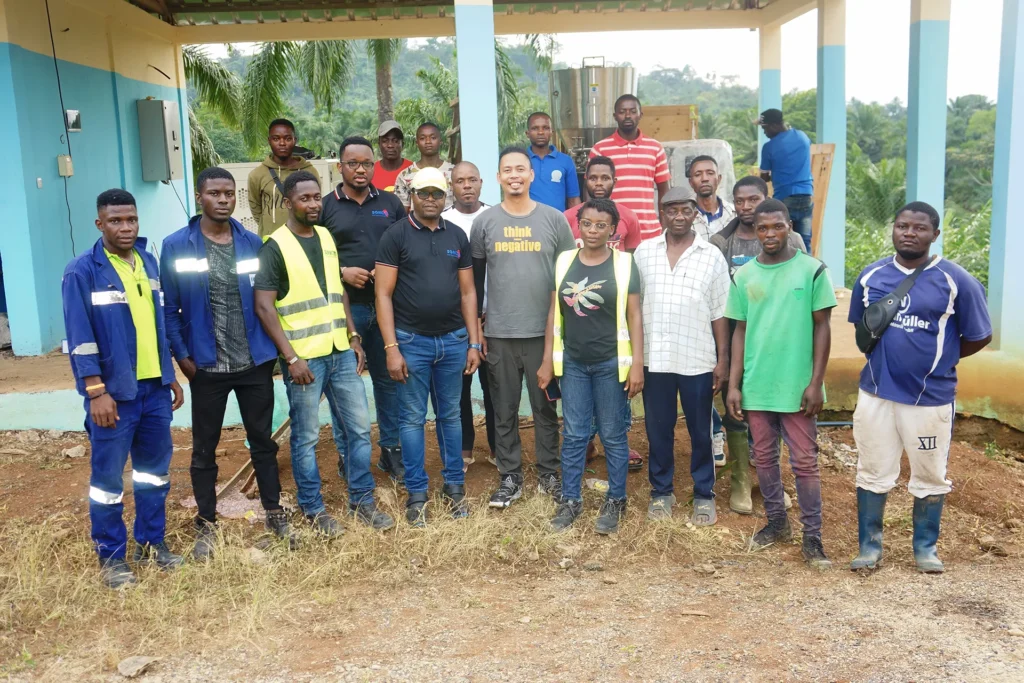LEADERS IN SMALL SCALE GASIFICATION EQUIPMENT SINCE 2008
LEADERS IN SMALL SCALE GASIFICATION EQUIPMENT SINCE 2008
MEET OUR TECH
Revolutionary “swirl hearth” reactor11 patents issued or pending
Modular System with remote monitoring SEE MACHINES
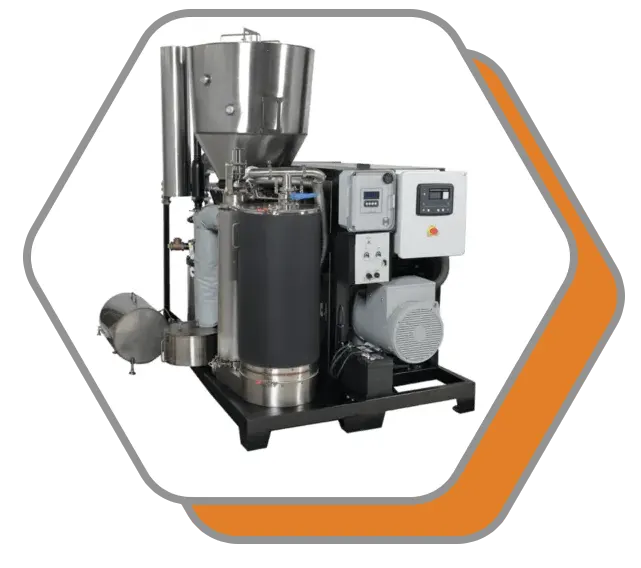
Online casino entertainment continues to grow in popularity among players in the UK and beyond because it offers convenient access to a wide variety of games, from classic slot machines to live dealer tables streamed in real time, allowing users to enjoy immersive experiences without leaving home. Many players start their search for a new gaming platform by reading detailed reviews and comparisons that discuss security features, game selections, and bonus conditions, and in the middle of such an informative article you might find Classy Slots mentioned as an example of a site with diverse offerings and user‑friendly navigation. A reputable casino should also provide transparent terms for deposits and withdrawals, robust encryption to protect personal and financial data, and responsive customer support to address any questions. Additionally, responsible gaming tools like deposit limits and time controls help players manage their activity in a safe and balanced way. When these elements come together, an online casino can offer both excitement and peace of mind, making it easier for users to enjoy their favorite games responsibly and with confidence.
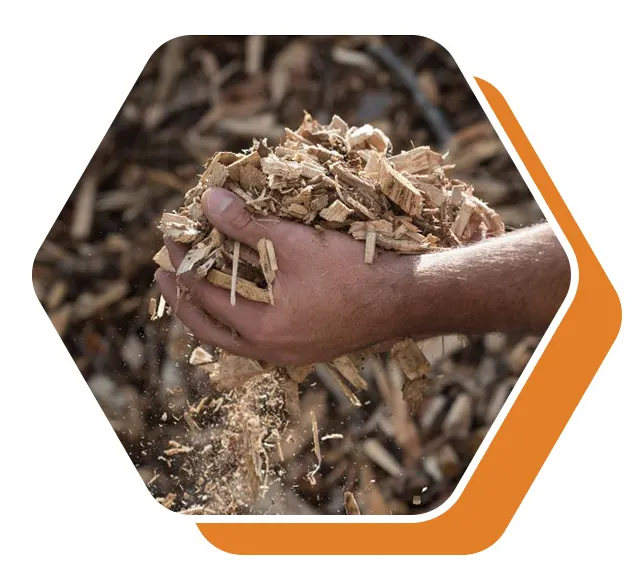
FOR YOUR ENVIRONMENTAL APPLICATIONS
Carbon RemovalRenewable Energy
Green Waste Management SEE PROJECTS
AND COMMUNITY BENEFIT
Biochar Carbon Removal at community and farm scale SEE THE LOCAL CARBON NETWORK
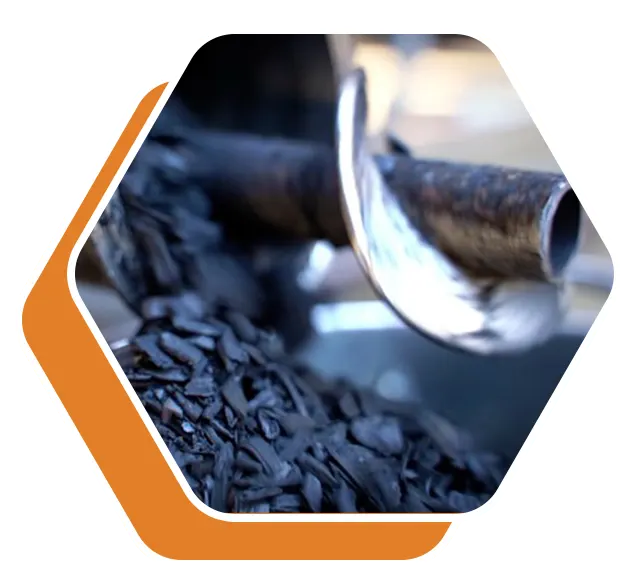
WITH OUR PUREST BIOCHAR AND ACTIVATED CARBON
High temperature controlled process Very high carbon durability score Extremely low PAH score SEE PRODUCT SPECSWE ARE DOING THIS WORLDWIDE, RIGHT NOW
map
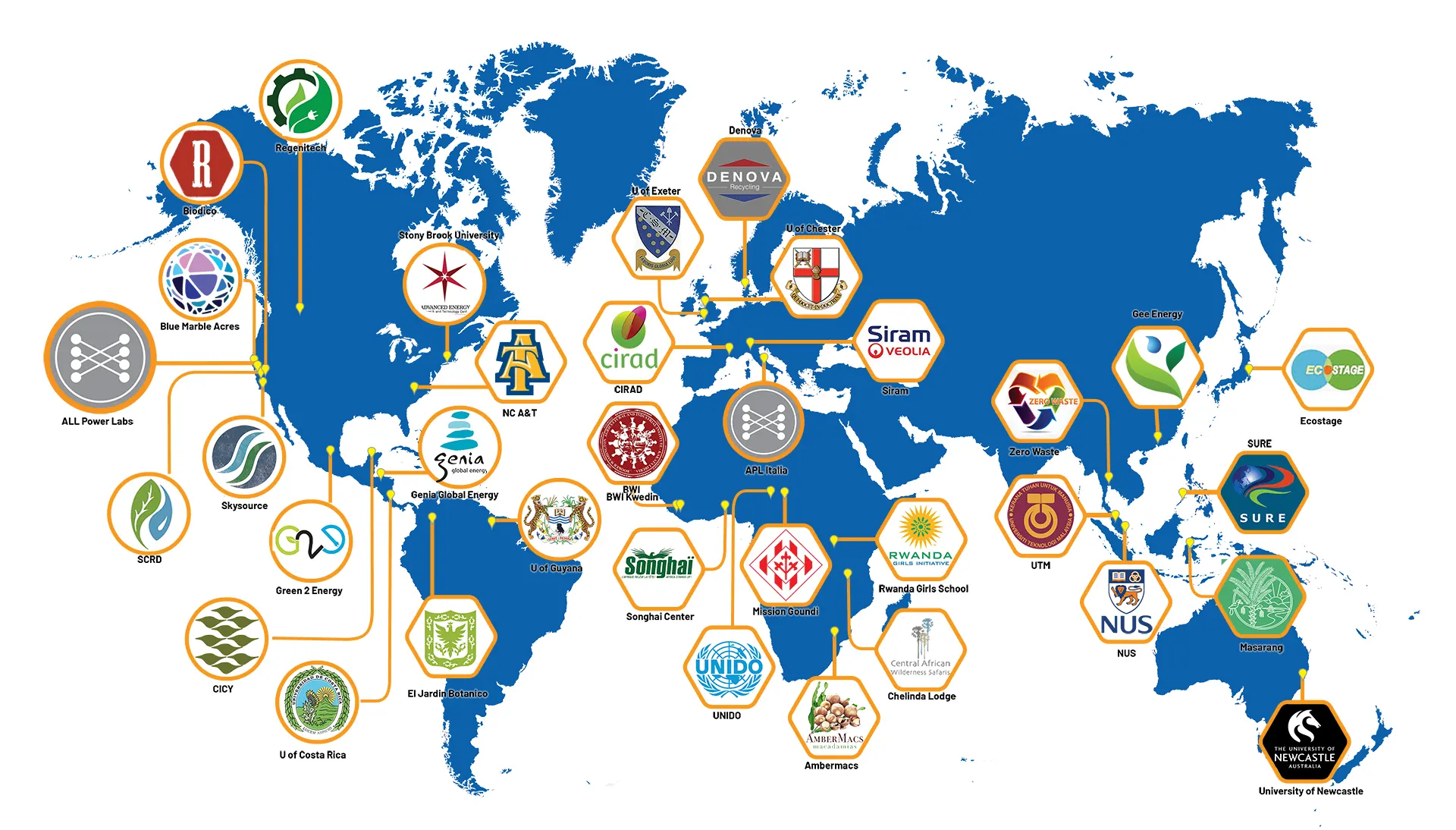
North Carolina A&T University

Date: 7/1/2024 | location: Greensboro, North Carolina
Sierra Resource Conservation District

Date: 6/1/2019 | location: Fresno County, California
GLOBAL PROJECTS
GLOBAL PROJECTS
GLOBAL PROJECTS
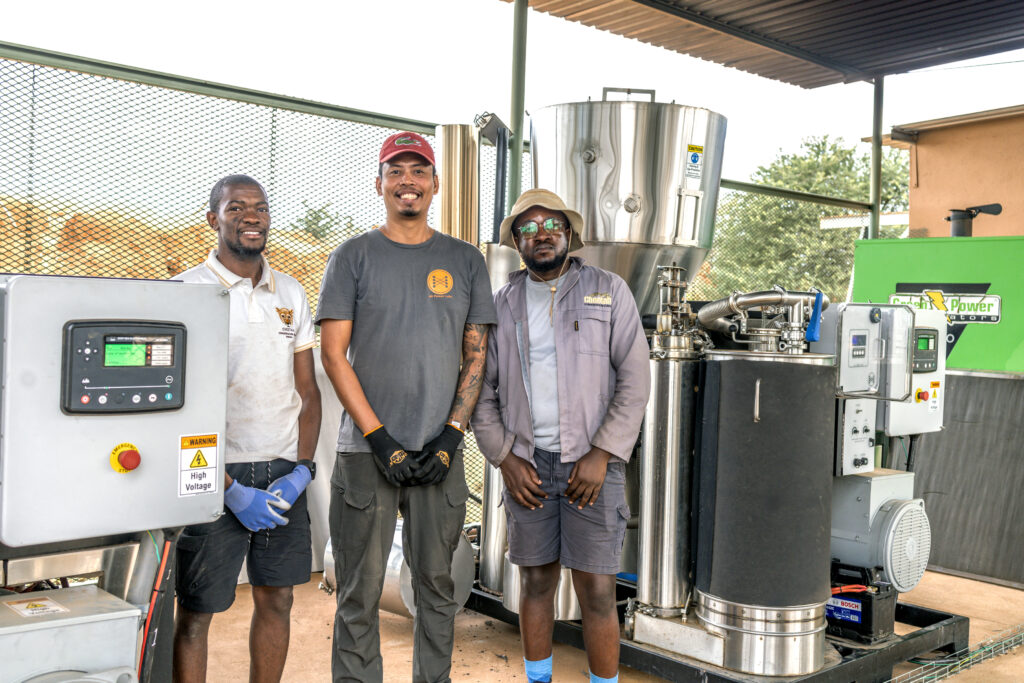
- Projects, Research and Education, Rural Electrification

60 SECOND VIDEO
5 MINUTE VIDEO

Get in touch -
All Power Labs is actively engaging with...

Farmers and Community Gardens

Universities and Research Projects

Equipment Buyers

Project Developers

International Distributors

Investors
and all those who share our values..
Get in touch -
All Power Labs is actively engaging with...

Farmers and Community Gardens

Universities and Research Projects

Equipment Buyers

Project Developers

International Distributors

Investors
and all those who share our values..































